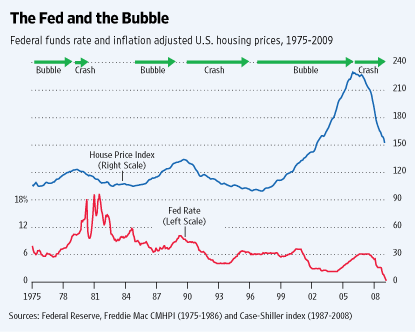- Joined
- May 24, 2007
- Messages
- 73,124
- Likes
- 10,973
- Points
- 113
"Wright said: "Simply put, the president's deposition testimony regarding whether he had ever been alone with Ms. Lewinsky was intentionally false and his statements regarding whether he had ever engaged in sexual relations with Ms. Lewinsky likewise were intentionally false."
However, Clinton has steadfastly maintained that the statements he made in the Jones deposition were "legally accurate."
Lying, but not perjury. Lying is not an impeachable offense.
Actually, lying is an impeachable offense. The articles of impeachment drafted for Nixon included "making false or misleading statements to lawfully authorized investigative officers and employees of the United States;"
Also: "withholding relevant and material evidence or information from lawfully authorized investigative officers and employees of the United States;"
And: "interfering or endeavouring to interfere with the conduct of investigations by the Department of Justice of the United States, the Federal Bureau of Investigation, the office of Watergate Special Prosecution Force, and Congressional Committees;"
And: "making or causing to be made false or misleading public statements for the purpose of deceiving the people of the United States into believing that a thorough and complete investigation had been conducted with respect to allegations of misconduct on the part of personnel of the executive branch of the United States and personnel of the Committee for the Re-election of the President, and that there was no involvement of such personnel in such misconduct:"
(See: http://watergate.info/impeachment/impeachment-articles.shtml)


